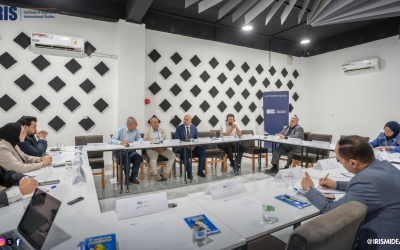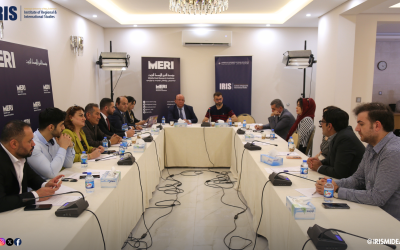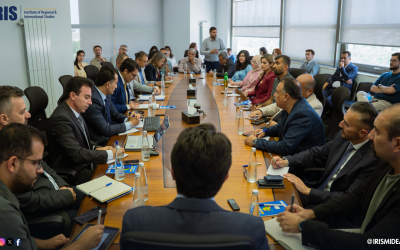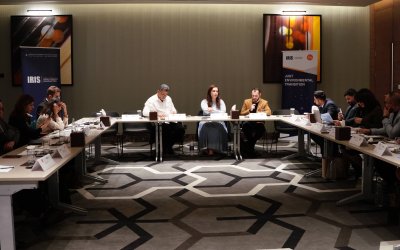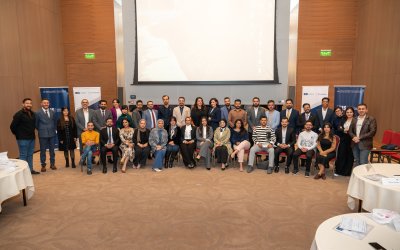On June 6, 2019 in Washington, DC, The Middle East Institute (MEI) and the Institute of Regional and International Studies (IRIS) at the American University of Iraq, Sulaimani were pleased to host a panel to discuss escalating tensions among Iraqis, rising threats of a U.S.-Iran war, and the impact of these dynamics on the future of Iraq. The full video can be viewed here.
Last summer’s mass protests in Iraq’s oil-rich city of Basra resonated broadly, with citizens across the country expressing solidarity with their southern counterparts and joining in the call for electricity, water, and employment. More broadly, demonstrators insisted upon the dismantlement of the post-2003 political order, burning the offices of political parties, militias, and foreign missions to the ground. Following the protests, it became apparent that both federal and provincial governments would be judged on the basis of their ability to respond to this upsurge in popular discontent. This panel analyzed the current status of Iraq’s crisis of governance - one that now faces the additional challenge of renewed U.S.-Iran tensions. The speakers draw on recent fieldwork in Basra, Baghdad and Mosul to understand the causes and consequences of ongoing governmental dysfunction and popular discontent.
The speakers:
-
Akeel Abbas, Professor, American University of Iraq, Sulaimani.
-
Basma Alloush, Advocacy and Communication Officer, Norwegian Refugee Council. Dr. Mac Skelton, Director, Institute of Regional & International Studies.
-
Bilal Wahab, Nathan and Esther K. Wagner fellow, Washington Institute for Near East Policy.
-
Randa Slim, moderator, Senior fellow and director, Program on Conflict Resolution and Track II Dialogues, MEI.




